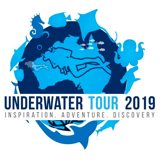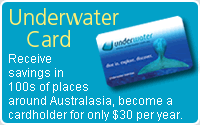- Home
- Directory
- Shop
- Underwater Cameras - Photographic Accessories
- Smartphone Housings
- Sea Scooters
- Hookah Dive Systems
- Underwater Metal Detectors
- Dive Gear
- Dive Accessories
- Diving DVD & Blu-Ray Discs
- Diving Books
- Underwater Drones
- Drones
- Subscriptions - Magazines
- Protective Cases
- Corrective Lenses
- Dive Wear
- Underwater Membership
- Assistive Technology - NDIS
- On Sale
- Underwater Gift Cards
- Underwater Art
- Power Stations
- Black Friday Sale
- Underwater Bargain Bin
- Brands
- 10bar
- AOI
- AquaTech
- AxisGo
- Backscatter Underwater Video and Photo
- BLU3
- Cayago
- Chasing
- Cinebags
- Digipower
- DJI
- Dyron
- Edge Smart Drive
- Eneloop
- Energizer
- Exotech Innovations
- Fantasea
- Fotocore
- Garmin
- Geneinno
- GoPro
- Hagul
- Hydro Sapiens
- Hydrotac
- Ikelite
- Indigo Industries
- Inon
- Insta360
- Intova
- Isotta Housings
- Jobe
- JOBY
- Kraken Sports
- LEFEET
- Mirage Dive
- Nautica Seascooters
- Nautilus Lifeline
- NautiSmart
- Nitecore
- Nokta Makro
- Oceanic
- Olympus
- OM System
- Orca Torch
- Paralenz
- PowerDive
- QYSEA
- Scubajet
- Scubalamp
- Sea & Sea
- SeaDoo Seascooter
- SeaLife
- Seavu
- Shark Shield
- Sherwood Scuba
- Spare Air
- StickTite
- Sublue
- Suunto
- SwellPro
- T-HOUSING
- Tusa
- U.N Photographics
- Venture Heat
- XTAR
- Yamaha Seascooter
- Youcan Robot
Do you think that Seal's OK?
Contributed by Jo

Studying the white sharks in South Africa
I'm not far from Jo'burg on the way from Sydney and the captain announces
"Ladies and Gents, we apologise for the turbulence but cannot do anything about it
and it's only going to get worse...we'd like to advise that we'll be landing
in approx 45 mins and we don't know where in the world you are from but it's
a freezing 6 degrees in Jo'burg which is cold in my books!" I was finally here and
could not have been more excited to have been chosen for this unbelievable
adventure - I was going to study the great white shark in South Africa!
Location: Simons Town, False Bay, South Africa. Home to the
legendary Seal Island and it's flying great whites.
Crew – R. Aiden Martin (renown shark expert and director, Reefquest),
Neil Hammerschlag (Research Coordinator), Chris & Monique Fallows (renown
photographers and owners of Africa Shark Eco-charters and along with partner Rob
Lawrence and crew Marc Elliot), Rafa Flores (Shark Dive Magazine), Matt
Hawksworth (marine filmmaker), Lex Barron, Danica Walcutt, Kristina Evans, Karen
Schanzle, Michael Chen, Stef Maxim and humble ol' me from Australia.
Purpose:
To study the social and predatory behaviours/interactions of the white shark, the environmental factors that affect predation, feeding ecology and the identification of individual sharks.
We were taken to our base in Simons Town and greeted by Neil, the others already in bed or still yet to arrive. We were given a small brief, exchanged travel stories and had fun comparing 'toys' when Rafa pulled out the most intimidating lense I had ever seen...
The next night we all gathered to introduce ourselves and hear of what was to come over the next two weeks. We were already all so pumped but it was hard not to get even more excited when Aiden and Neil, whose enthusiasm is infectious, gave us the run down on the next day's activities as well the research assignments and data sheets that were to be allocated to the crew. Amongst the educated best contribution would be ID'ing, which involved drawing distinguishing features, characteristics behaviours movements and reactions of the white shark. I was damned excited as it meant I had to get in close to observe.
Our research involved following the predations and sightings, and recording
data which involved environmenta conditions, GPS locations, shark and seal
movements and much much more. We were told that though it would eventually
become habit we would have to start thinking in terms of distance and direction, so
that sightings were reacted to in the quickest possible time and the most accurate
data was recorded.
" ... PREDATION! 5 o'clock! 150 metres! Breach "
" ... 9 o'clock, 2 x 2 seals, 75 metres, incoming! "
Day 1
With a wake up call so early in the morning that even roosters wouldn't have been impressed, we loaded the boats and set out towards Seal Island in the dark. It was tranquil, exciting and our hearts were all skipping a beat or two in anticipation of what may lie ahead. We all chose positions for the 25 to 30 minute trip out, with Rafa and I deciding to brave the elements and sit up front on the bow discussing lives, dreams, and solving the problems of the world as you do when you are aboard the Blue Pointer on your way out to study and research one of the most feared and least understood creatures in this world: the Great White.
We are about 800 metres from the Launch Pad (so aptly named where seals
summon the courage before plunging themselves into the perilous depths) when
silhouetted close to the island a great white breaches metres into the air with a Cape
Fur Seal transversed across it's jaws. WHAT THE!?! All we discussed last night
goes out the door when we scream "SHARK! big… big shark!"
Chris the skipper yell: "Where?"
"Ummmm, over there, there! that way" we all scream (gawd help the skippers who
could not see even us in the dark let alone where we were pointing) but Chris and
Monique who are long time pro's are on the ball and we race towards the action to
capture as much information about the conditions, behaviour and attack as
possible.
We have hardly any time for breath and to get over the spectacle when behind us is
sighted another massive breach and we are off again and racing towards sector
4...and so our morning continues as we follow the predations on the Cape Fur Seal
which were leaving or returning to the island as a part of their daily feeding routines.
Now, the prior record for the most sighted breaches or predations in 1 day's research
is 26 and we record 21 before 10.30am. I saw it as an omen for the trip, but I can
honestly say that I could have gone home after that first day having exceeded all
expectations. I was very impressed with the ability of the skippers in getting as
safely close to the action as required for the data, though never interfering with
either the seals or sharks movements, course of direction, or activity. The interest
and safety of the shark and seal were always put before the research; after all, it
was about them wasn't it!
Your first encounter with a great white is one you will never ever forget, until you see them up close and personal you cannot prepare yourself for their sheer size and girth. Their unadulterated ferocity, stealth and determination in attack as well as the Cape Fur Seals acrobatic methods of defence are something that really has to be seen live to be believed. Some watch silently unable to speak, most screamed in excitement and no doubt the majority fought hard to contain the lump in their throat as I know I felt a tear fall from my eye as we raced towards the action the first time. Not many people in their lifetime come across a great white shark and on our first day on the ocean we record an accumulated 32 attacks and swim-by's.
When things quieten down a little and the sun is establishing itself in the mid-morning sky we anchor up and prepare the gear for ID'ing and before long (even before we have let out a scent) we have 3 sharks swimming by to get a closer look at us. They are such a curious creature and it's truly a mind-blowing experience to see them checking us out as much as we are them, as they swim by with their body tilted a little so that they can get a good gander at what these strange creatures are doing with their funny little clipboards and cameras. You can not help but marvel when you catch a glimpse of them eyeballing you, and have no doubt that this is an intelligent creature when you see them learning in your presence.
It's surprisingly easy to tell one shark from the other once you can spot distinguishing features such as copa pods, scratches, pigmentation, wounds, deformities, size, etc as well as their individual personalities and mannerisms around the boat and before long we have identified 7 sharks, a few of which we would see numerous times over the coming weeks. Before long, however, we head back towards Simons Town as a severe storm rapidly approached us cutting slightly short our first day. It lashed down heavily as we raced for shore to follow the coastline back towards the Naval base, though the rain pounded down on our faces we felt invincible and elated for all we had seen and this was only day one!
We docked, and headed for a cold beer and you could only laugh as one and all tried to tell their own account of the day on the water. It didn't take long before the crew of 14 were best of mates and over the ensuing 14 days became a real tight unit. This was all a tribute to Neil and Aiden's ability in selecting people from all over the world and of different backgrounds not only for their contributive potential but also for their passion, personality, ability to get along with others selected, as well as the hilariously obvious shared love, fascination for, and desire to help understand the white shark.
Over the next two weeks we shared some hysterical moments (notedly: Matt's ass breaking Rob's boat and Rafa's anecdotal, yet not so anecdotal story) some fantastic braai's (South African BBQ) not to mention the many nights of wining and dining in some of Simons Town and Capetown's best but all in all nothing could surpass the spectacle of having studied and witnessed the white shark in all it's natural glory, over and over again. I still get excited when I talk about our expedition and experiences to friends, family and fellow shark enthusiasts and I fully encourage anyone who is presented with the opportunity to take the plunge, not only do you get to come out of the experience with a raw and energetic deference for the white shark, but whether you realise it or not, you become a much needed emissary for their ongoing protection by way of educating others the truth about its way of life.
We collected a lot of data which will not only aid Reefquest with its ongoing studies but undoubtedly the white shark too, as the more we learn about this majestic creature the more we can educate people and hopefully replace a lot of the mythical fear with a healthy respect for its place as the apex predator of the oceans to ensure it's ongoing survival.
Shopfront
-
 Inon Optical D Cable L Type L Rubber Bush Set 2
Inon Optical D Cable L Type L Rubber Bush Set 2
- Price A$ 139.00
-
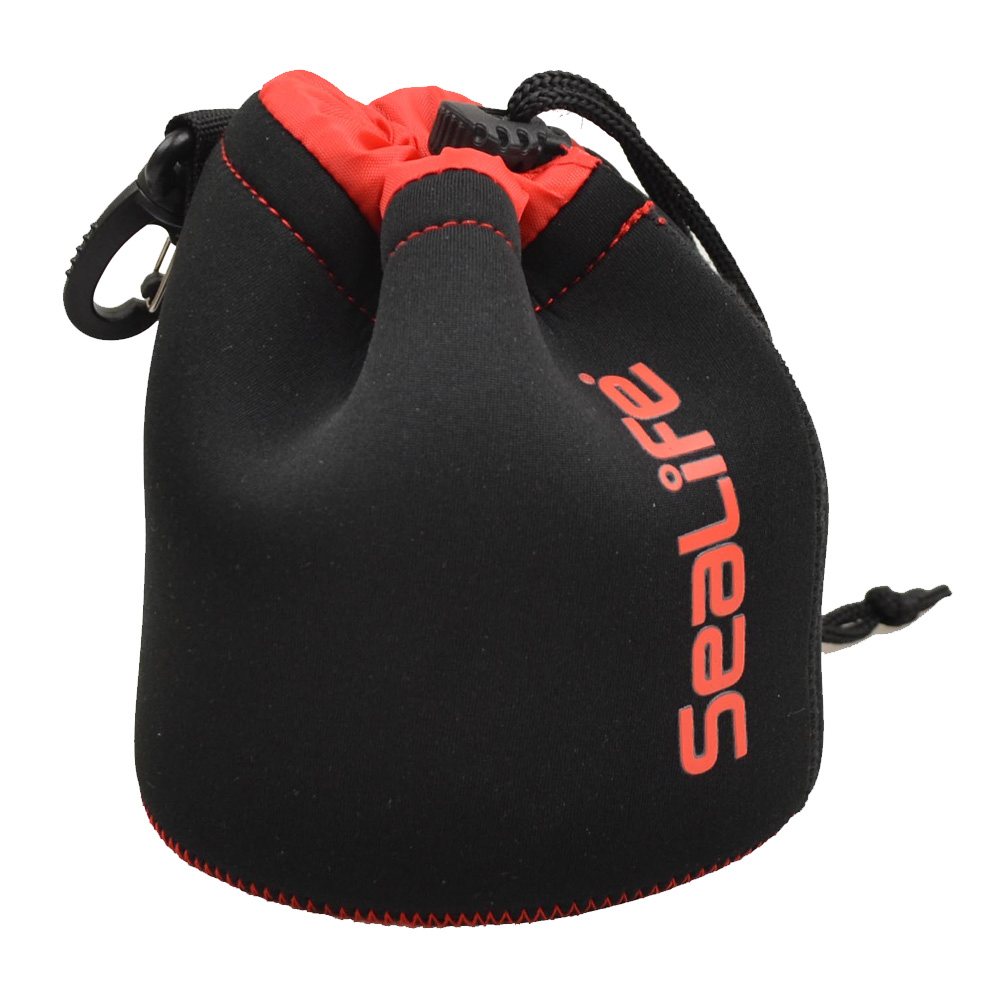 SeaLife Protective Gear Pouch
SeaLife Protective Gear Pouch
- Price A$ 34.95
-
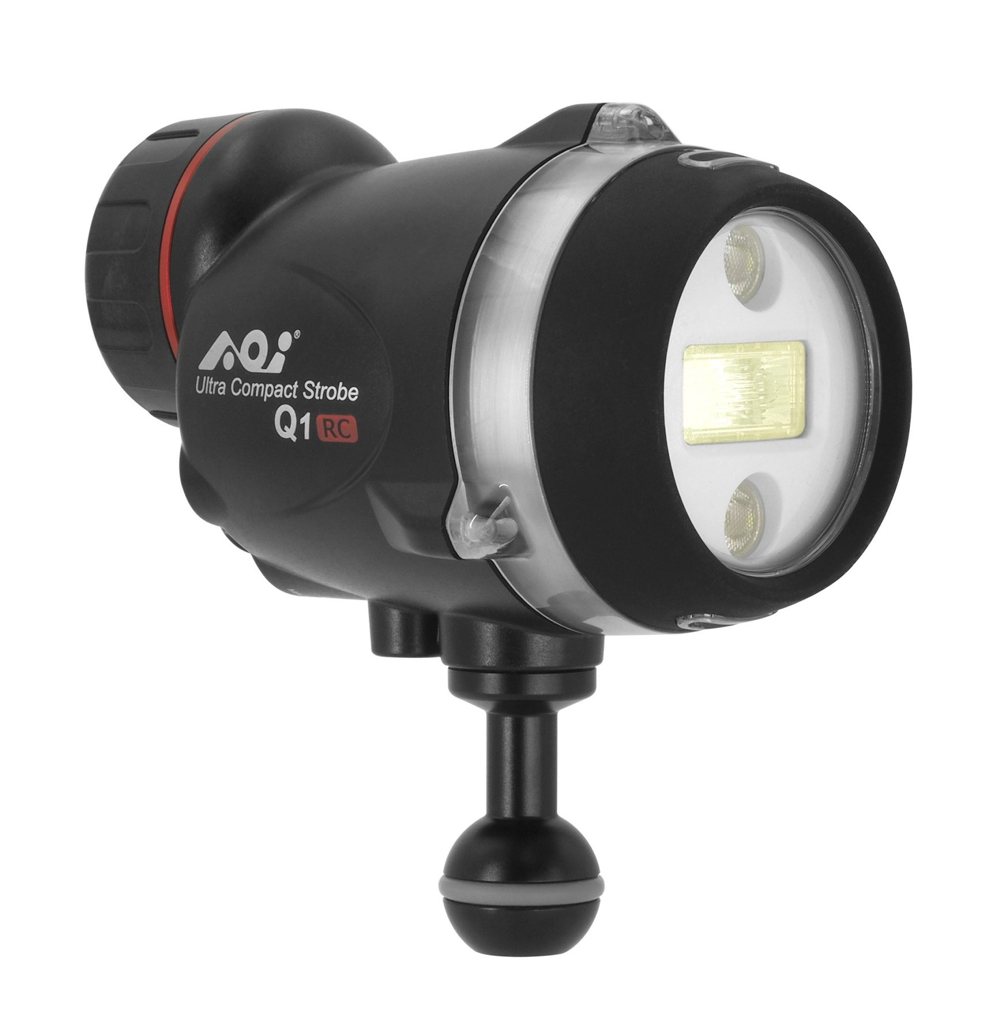 AOI UCS-Q1RC Ultra Compact Strobe Q1 with Olympus RC Mode
AOI UCS-Q1RC Ultra Compact Strobe Q1 with Olympus RC Mode
- Price A$ 545.00
-
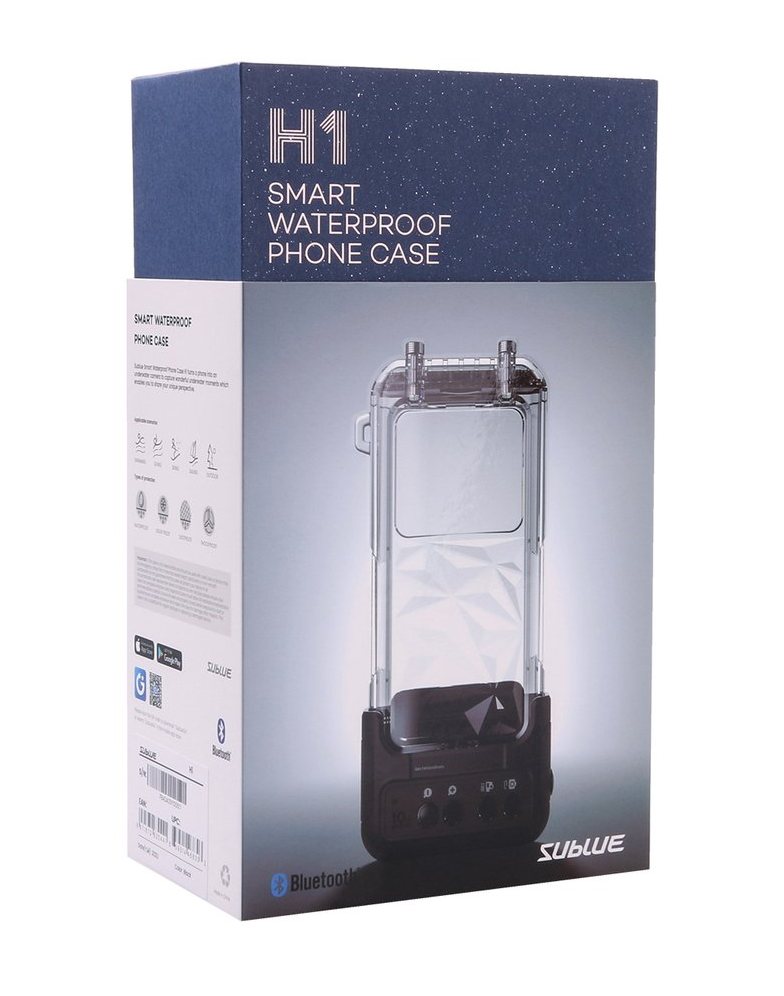 Smart Waterproof Phone Case H1
Smart Waterproof Phone Case H1
- Price A$ 189.00
-
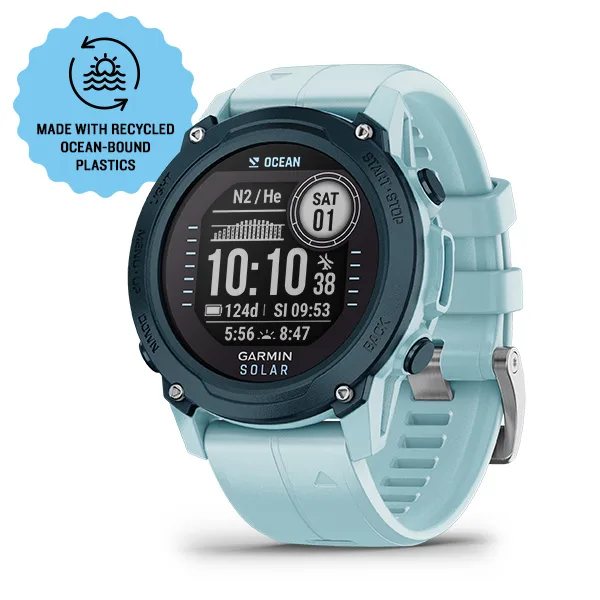 Garmin Descent™ G1 - Solar
Garmin Descent™ G1 - Solar
- Price A$ 929.00
-
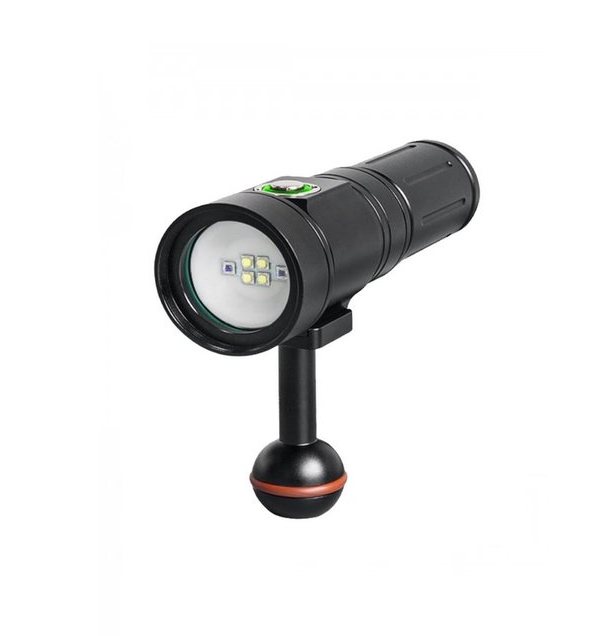 Scubalamp PV22 LED Video/Photo Light - 2000 lumens - UV option
Scubalamp PV22 LED Video/Photo Light - 2000 lumens - UV option
- Price A$ 179.00
-
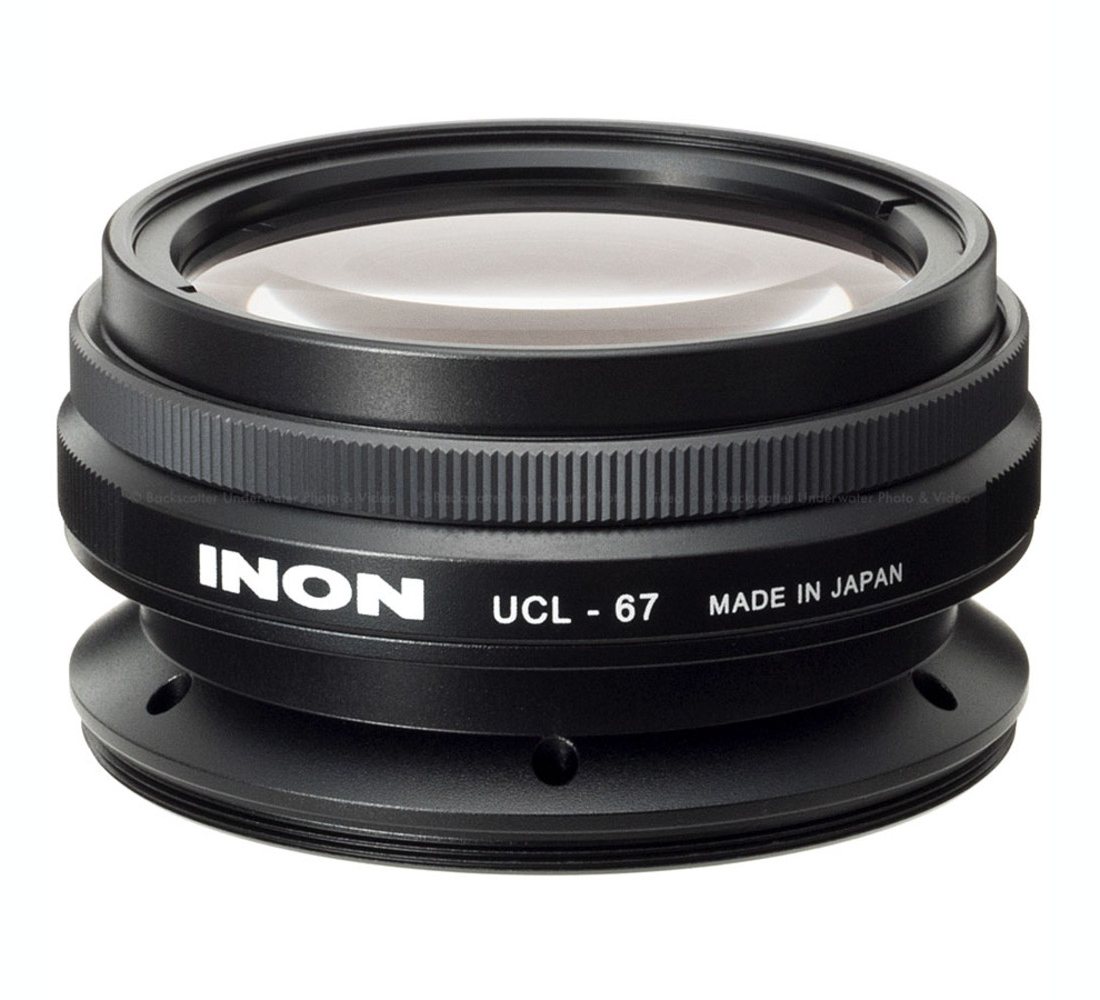 Inon UCL-67 M67 Underwater Close-up Macro Lens +15
Inon UCL-67 M67 Underwater Close-up Macro Lens +15
- Price A$ 549.00
In the Directory

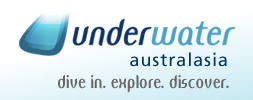






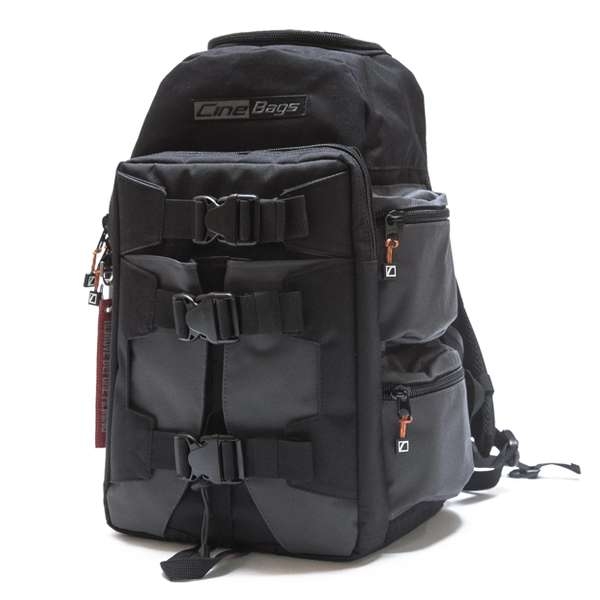
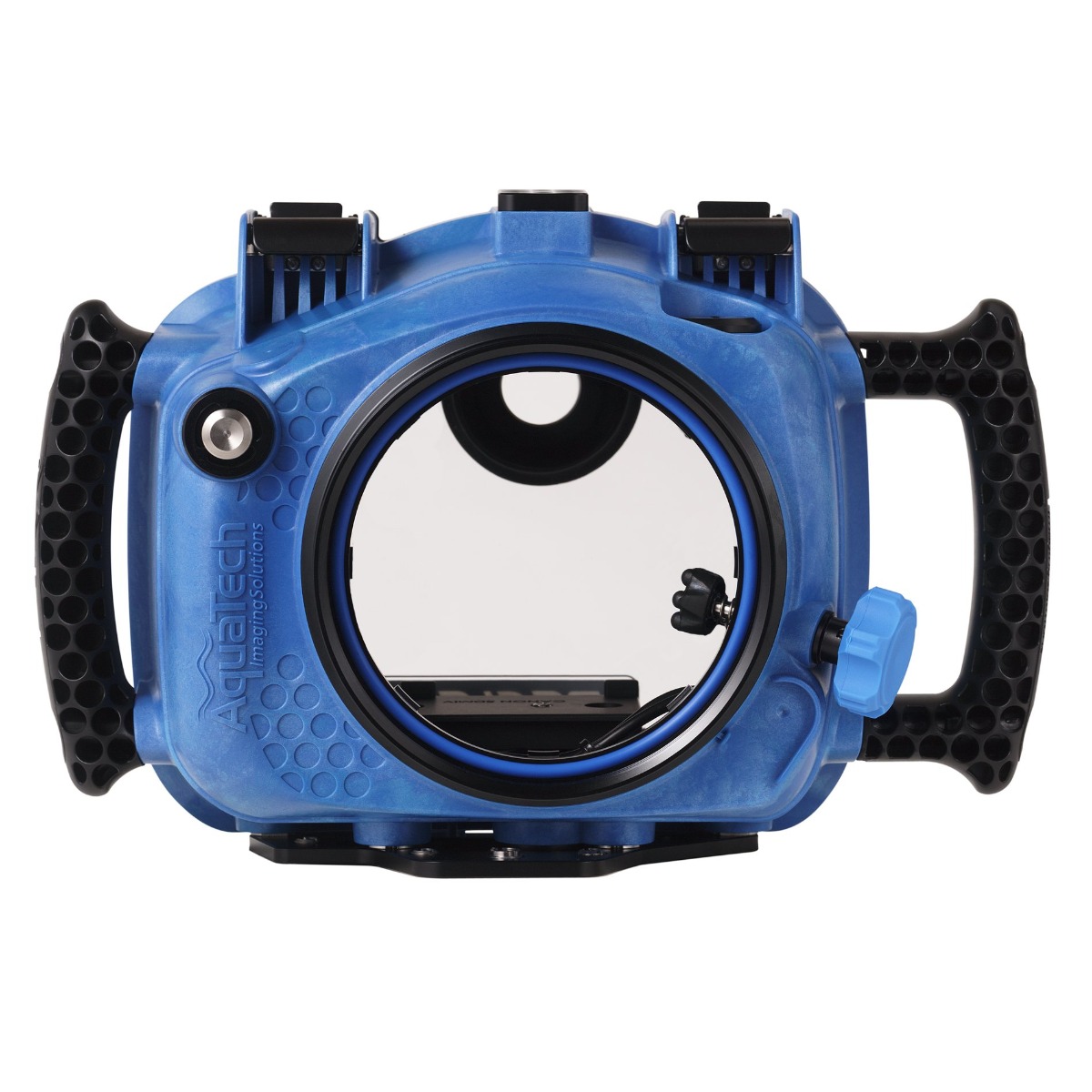


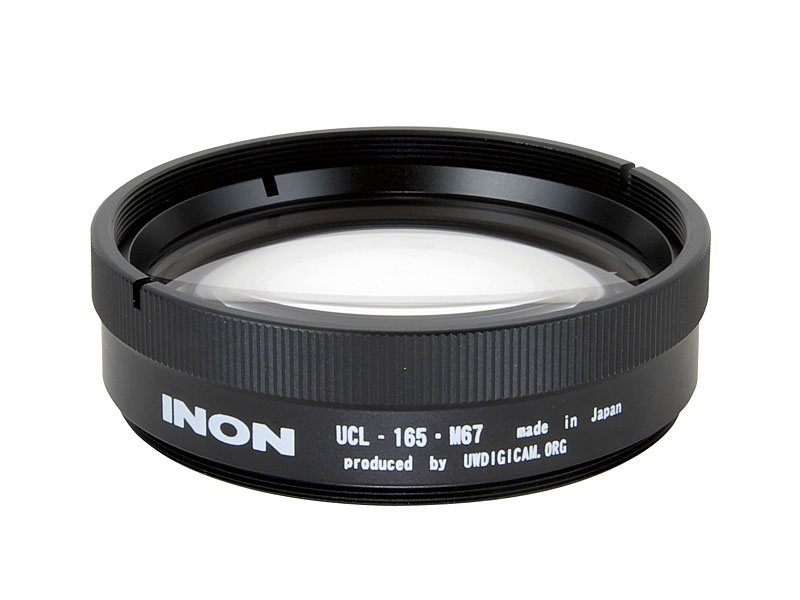
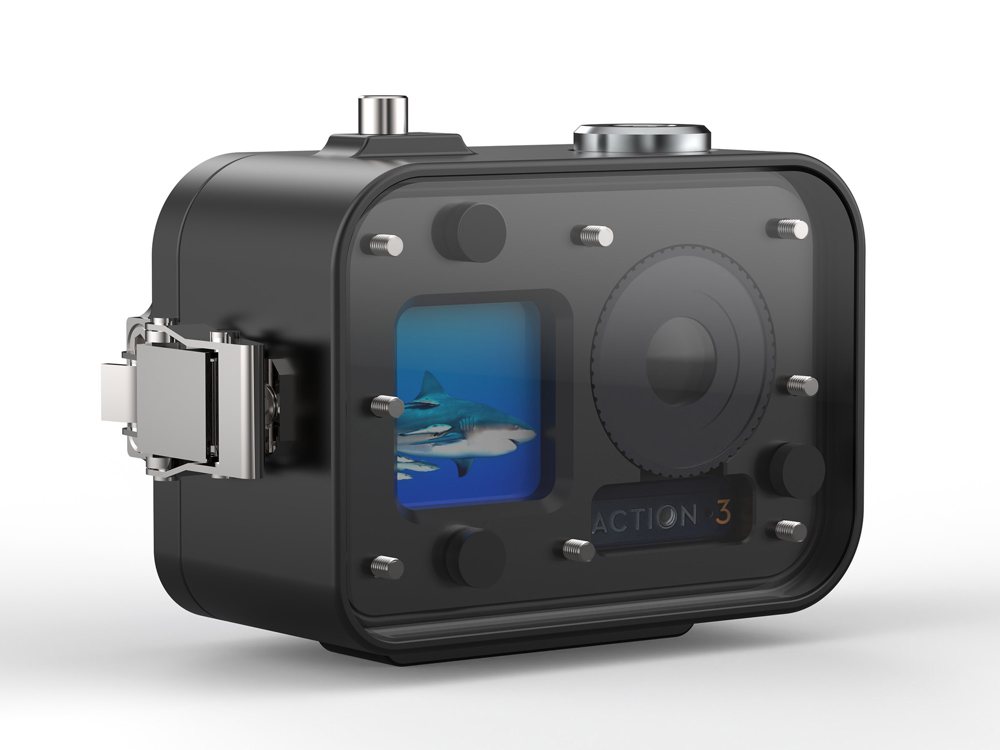


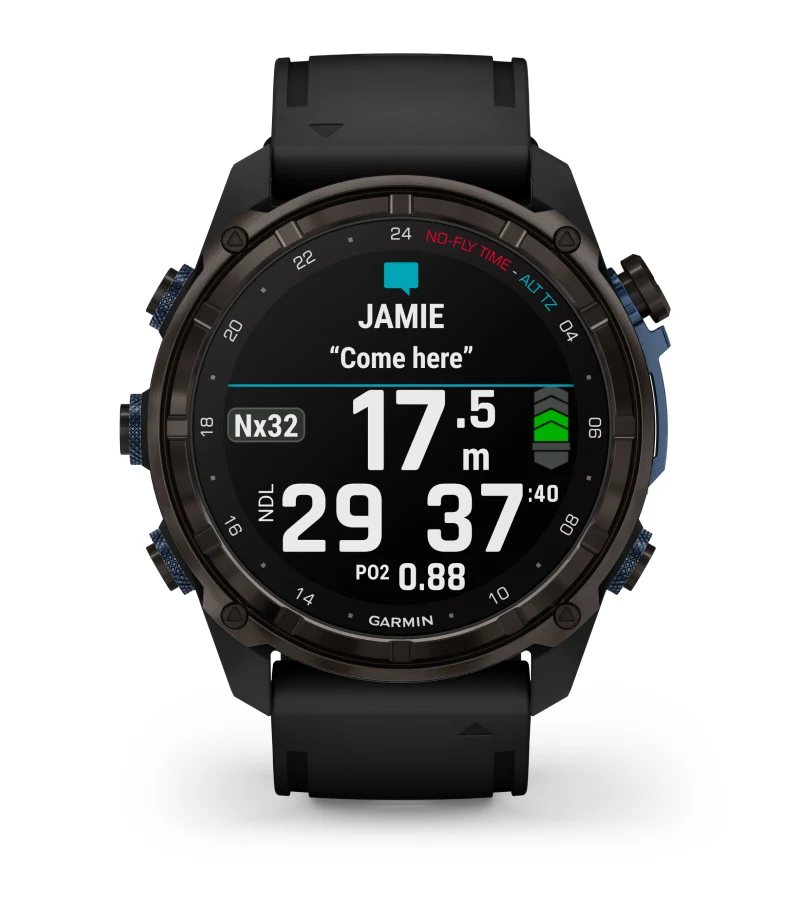 Garmin Descent Mk3i Watch Dive Computer - 51 mm, Carbon grey DLC titanium
Garmin Descent Mk3i Watch Dive Computer - 51 mm, Carbon grey DLC titanium 

